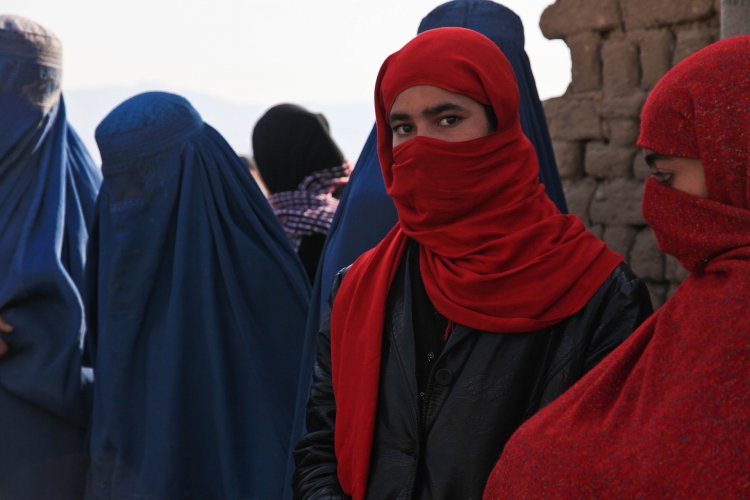Human Rights Crisis in Afghanistan: The Attrition of International Media

Amanda Benoy
Middle East Researcher
Global Human Rights Defence
The Special Rapporteur on the situation of human rights in Afghanistan, Mr. Richard Bennett, presented a report to the General Assembly Third Committee on 26 October, following a twelve-day visit to Afghanistan. In the subsequent press conference, the Special Rapporteur identified five key issues: the regression in the rights of women and girls, the human right crisis for minorities in relation to civic space, the suppression of the freedom of media, the humanitarian crisis, and long-standing impunity. The need for an inclusive governance structure and accountability were underscored.
Attention was called to the 30 September attack on the Kaaj Education Center in west Kabul, resulting in the death of fifty-four people, fifty-one of whom were young Hazara women. The intersectional nature of the attack was highlighted, in which education, ethnicity, religion, gender, and minority status were targeted. The Special Rapporteur conveyed the challenges encountered by local media in reporting on the attack due to the suppression of the freedom of media. Although the UN condemned the attack, the Special Rapporteur noted that international media largely disregarded the atrocity. He cautioned that continuing to do so would normalize the human rights crisis in Afghanistan.
Sources and further reading:
Statement by the Special Rapporteur on the situation of human rights in Afghanistan at the 77th United Nations General Assembly, 26 October 2022, https://media.un.org/en/asset/k1g/
HRC Res 51/20 (7 October 2022) UN Doc A/HRC/RES/51/20

































